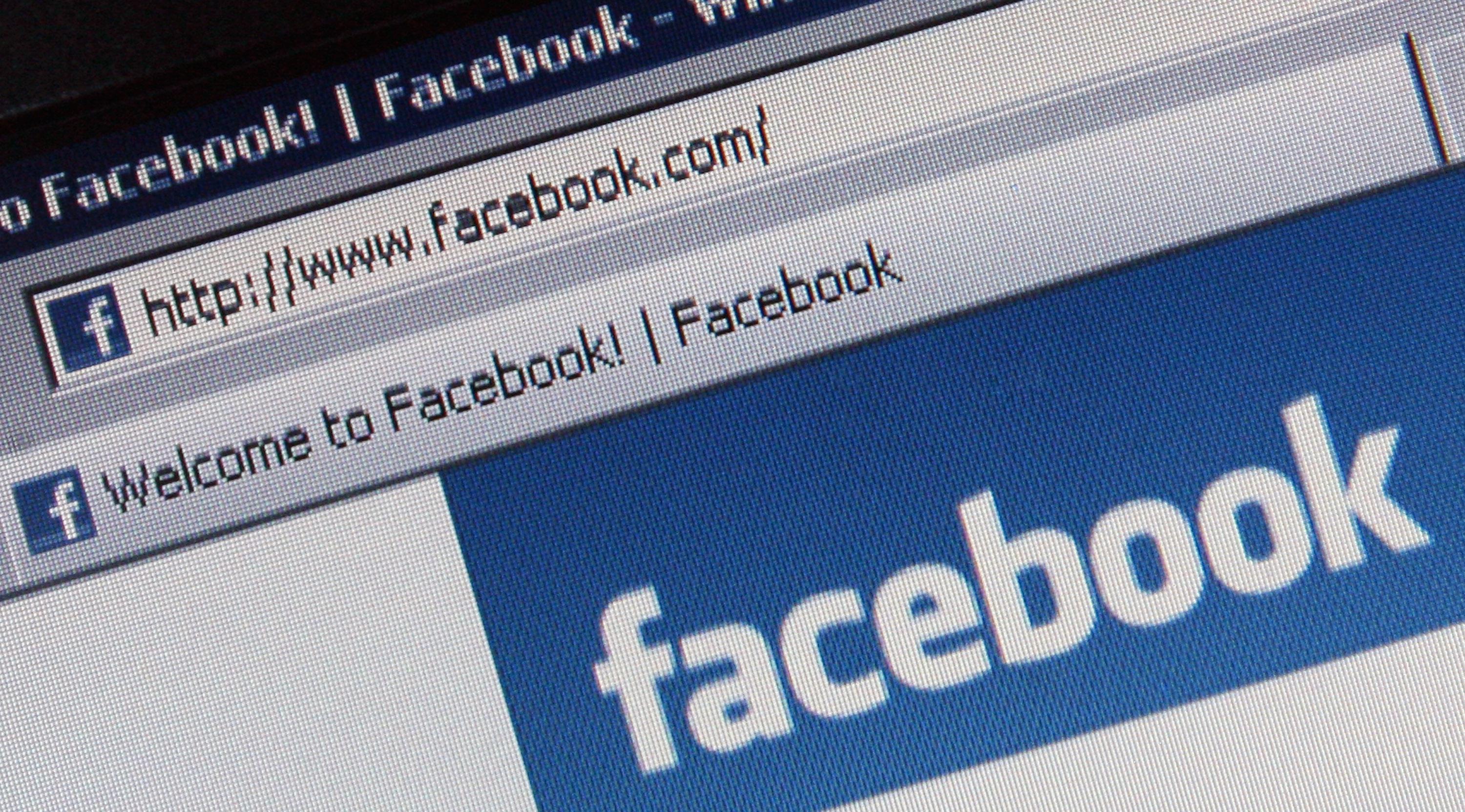How do most of the people on your Twitter timeline feel about Ferguson? About foreign affairs? About the latest pop culture scandal? Except for that one weirdly conservative uncle or those random people to whom you never really spoke in high school, the answer is probably: a lot like you do. And if not, you aren’t going to tell them so.
A new study by the Pew Research Internet Project found that social media sites like Facebook and Twitter do not offer a platform for those hesitant to speak up in public on policy issues when they feel their views are in the minority. On the contrary, a survey of 1,801 adults focused on the divisive public issue of Edward Snowden’s NSA revelations revealed that people were even less willing to discuss the surveillance is online than they were in person (42 percent compared with 86 percent, respectively). And online, as in person, people were more willing to speak up if they thought others agreed with them.
Furthermore, those who went on Facebook and Twitter a few times a day were less likely to share their opinions offline. For example, a person who checks Facebook multiple times a day is half as likely to share his opinion offline as someone who does not go on the site as frequently. Those regular users who felt themselves in the majority on Facebook were “still only .74 times as likely to voice their opinion” offline as those who did not quite so frequently go on Facebook.
The report offers a few theories as to why social media perpetuates what it refers to as the “spiral of silence.” (It also acknowledges that there are limitations to a study that focuses on but one policy, and that other factors, like confidence in one’s knowledge and opinions, matter, too.) Perhaps people do not speak out of fear of isolation. Perhaps they do not want to lose friends and alienate people. And “as to why the absence of agreement on social media platforms spills over into a spiral of silence in physical settings,” the report ventures that “social media users may have witnessed those with minority opinions experiencing ostracism … this might increase the perceived risk of opinion sharing in other settings.”
That could certainly be. But maybe, since regular users of Facebook and Twitter who feel themselves to be in the majority are still less likely to express their opinions offline, the problem isn’t the spiral of silence. Maybe it’s all the noise.
Maybe those who spend time online reading the same views, over and over again, on the same topic, are tired of hearing it. Maybe they don’t want to contribute to the cacophonic chorus telling itself, over and over again, how right it is. Online or off.
